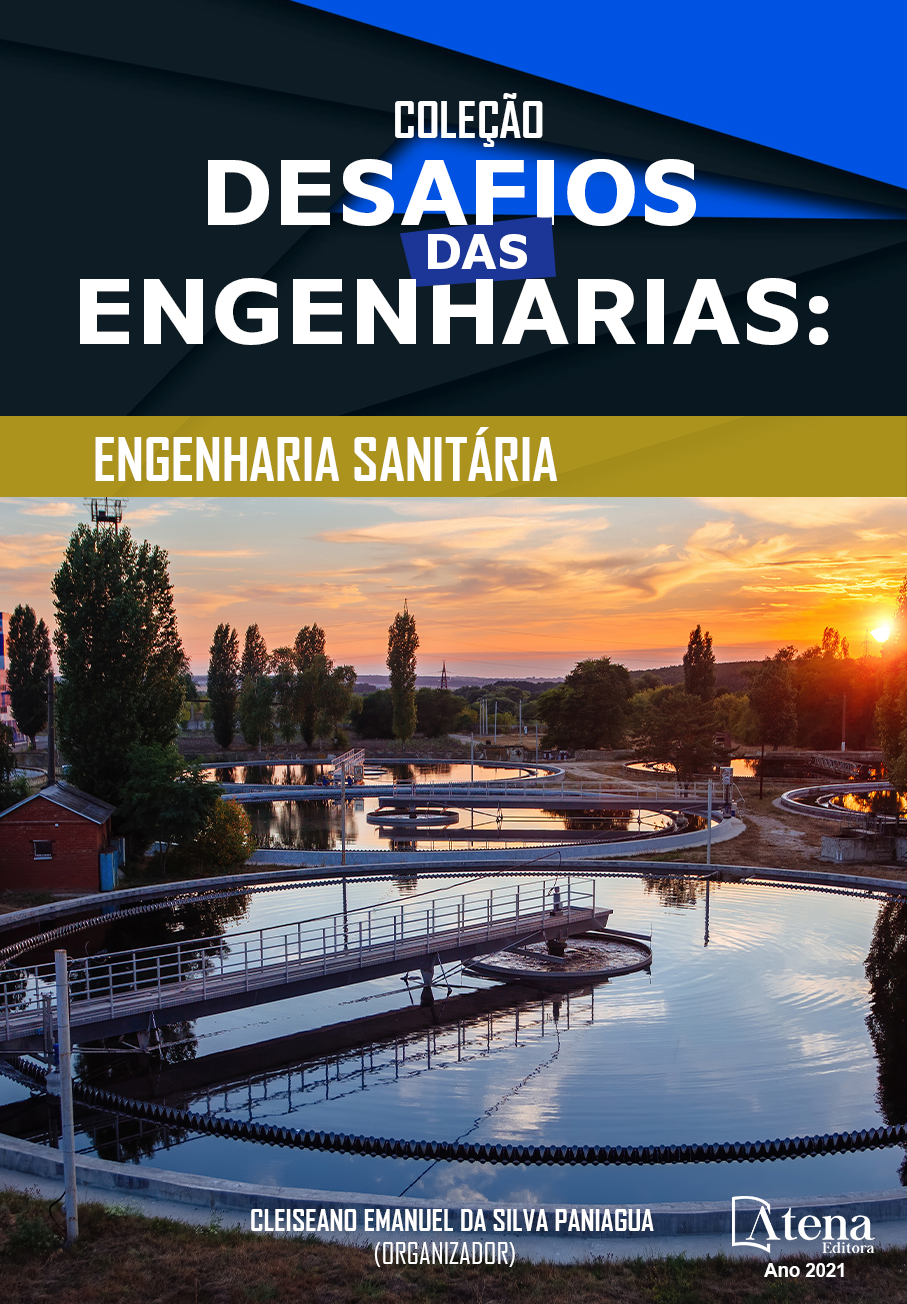
APROVEITAMENTO DE RESÍDUOS DE CONSTRUÇÃO CIVIL, PROCESSOS DE BENEFICIAMENTO EM USINA DE BRITAGEM EM PORTO VELHO – RO: UM ESTUDO DE CASO NA PRS RECICLADORA
A geração dos resíduos de construção civil é evidenciada pelos processos de construção, reforma ou demolição de obras ocasionando restos de fragmentos cimentícios, rochas, restos de tijolo, concreto, argamassas, telhas e demais materiais ocasionalmente conhecidos como entulhos. Estes resíduos possuem um potencial de agregar valor em produtos e subprodutos advindo do processamento de agregados reciclados, os quais são utilizados como areia reciclada, pedras de diversas granulometrias: brita, bica corrida, rachão, muito utilizados para regularização de terreno e topografia, realização de base e de sub-base de estradas e rodovias, artefatos cimentícios para construção de meio-fio, sarjetas, manilhas de tubulação e calçamento de bloquetes. Como alternativa de beneficiamento desses produtos a PRS Recicladora possui uma usina de britagem para realizar o aproveitamento deste material inerte e transformá-lo em subprodutos com resistência dentro das normativas estabelecidas e realizando descarte correto e certificado de resíduos de construção. A pesquisa exploratória e descritiva com base de dados cedidos pela empresa em arquivos documentais, planilhas, tabelas referenciais e a ampliação do tema pesquisado em artigos científicos. O embasamento técnico mediante legislações e normativas como a Resolução Conama n° 307/02 que estabelece a classificação dos resíduos e arcabouço legal do assunto. Os resultados mostram a crescente demanda de resíduos no mercado e a potencialidade da empresa no objetivo de negócio em ampliar a destinação dos resíduos recebidos. Deste modo em consonância com as questões ambientais de realizar o tratamento e disposição adequada dos resíduos possibilitando outros tipos de uso, e diminuindo o desperdício de matéria prima e de utilização de recursos naturais, minimizando o consumo de energia e diminuindo os resíduos na fonte.
APROVEITAMENTO DE RESÍDUOS DE CONSTRUÇÃO CIVIL, PROCESSOS DE BENEFICIAMENTO EM USINA DE BRITAGEM EM PORTO VELHO – RO: UM ESTUDO DE CASO NA PRS RECICLADORA
-
DOI: 10.22533/at.ed.2552130062
-
Palavras-chave: Resíduos. Construção Civil. Agregado Reciclado. Usina de Britagem. Disposição Adequada.
-
Keywords: Waste. Civil Construction. Recycled aggregate. Crushing Plant. Proper Arrangement.
-
Abstract:
The generation of civil construction waste is evidenced by the construction, renovation or demolition processes of works causing the remains of cement fragments, rocks, remains of brick, concrete, mortars, tiles, and other materials occasionally known as debris. These residues have the potential to add value in products and by-products resulting from the processing of recycled aggregates, which are used as recycled sand, stones of different sizes: gravel, spout, crack, widely used for land and topography regularization, base and sub-base of roads and highways, cementitious artifacts for curb construction, gutters, pipe shackles and block paving. As an alternative for the processing of these products, PRS Recicladora has a crushing plant to make use of this inert material and transform it into by-products with resistance within the established regulations and carrying out correct and certified construction waste. Exploratory and descriptive research based on data provided by the company in documentary files, spreadsheets, reference tables and the expansion of the topic researched in scientific articles. The technical basis through laws and regulations such as Conama Resolution no. 307/02, which establishes the classification of waste and the legal framework of the subject. The results show the growing demand for waste in the market and the company's potential in the business objective of expanding the destination of the waste received. Therefore, in line with the environmental issues of carrying out the treatment and proper disposal of waste, enabling other types of use, and reducing the waste of raw materials and the use of natural resources, minimizing energy consumption, and reducing waste at the source.
-
Número de páginas: 11
- MARCELA BARBOSA DE MORAES
- MÁRCIO AUGUSTO SOUSA SILVA
- RAIMUNDO AMORIM DUARTE NETO
- PRISCYLLA LUSTOSA BEZERRA
- NARAIEL PEREIRA FERRARI
- EVELINE GALVAN


